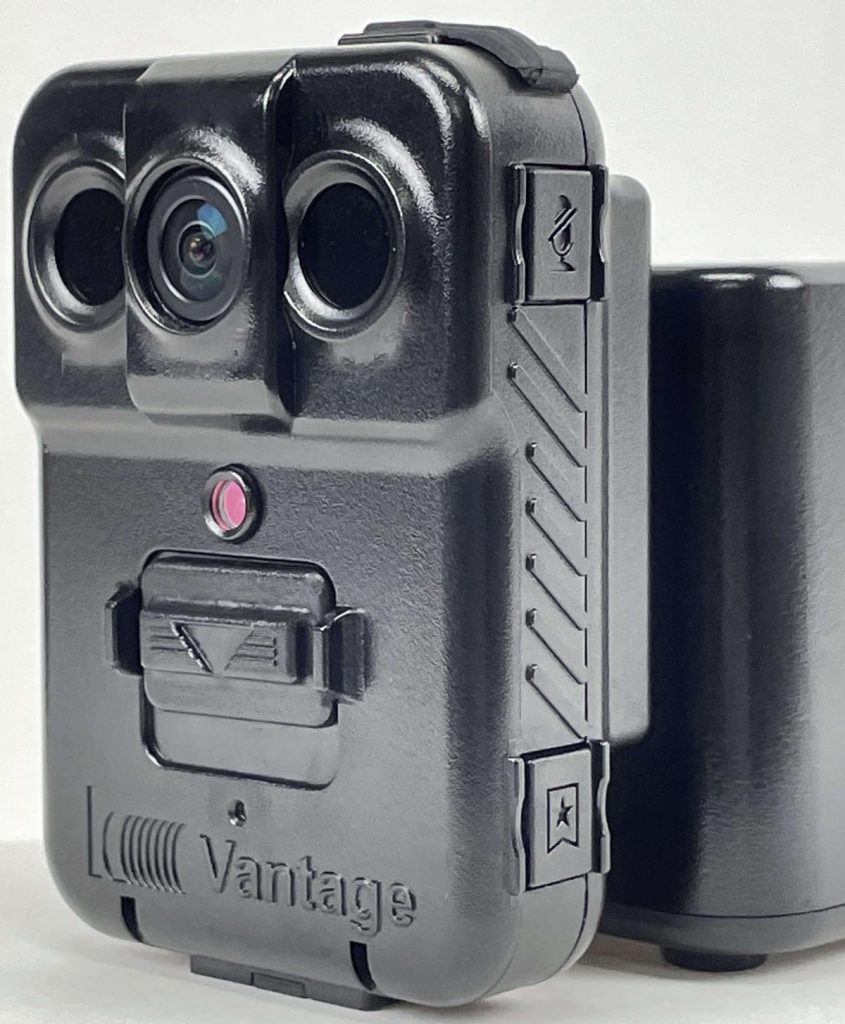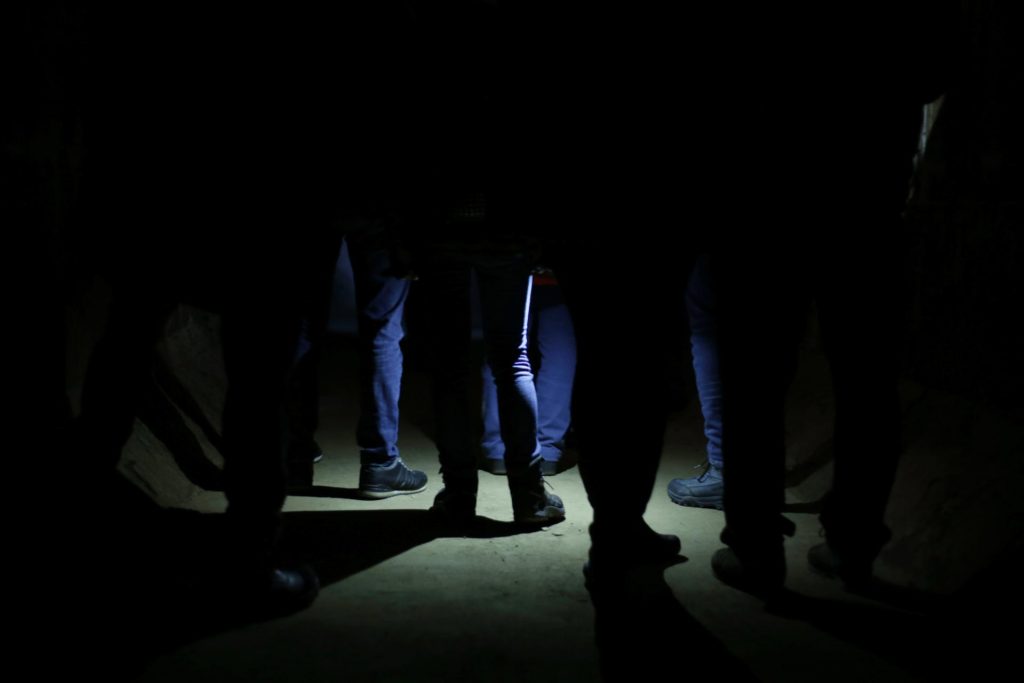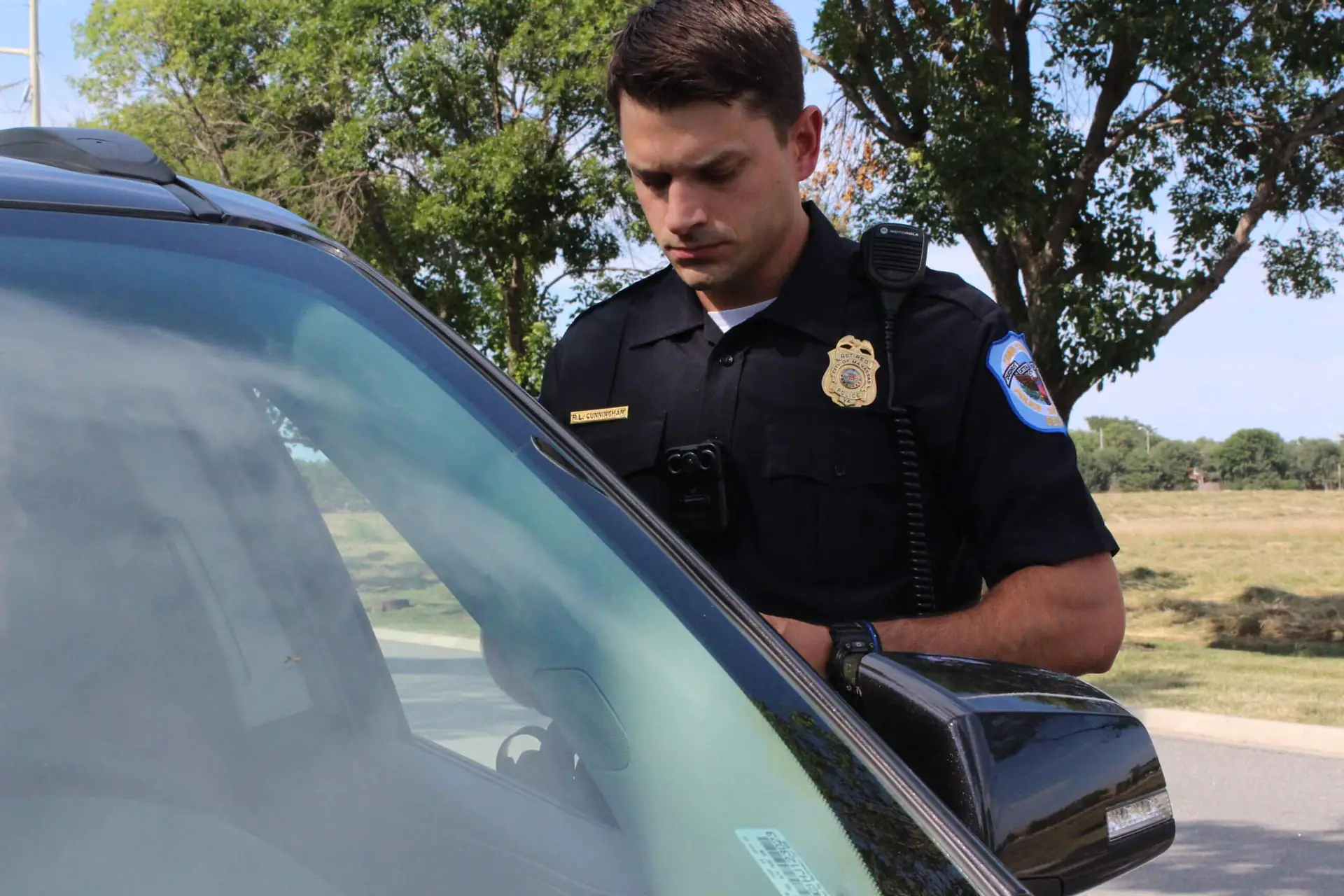From officer safety, to training, to de-escalating situations and increasing police transparency, the use of body-worn cameras (BWCs) by police has a large number of advantages. However, not everyone agrees on how and when these BWCs should be used. When should these cameras be turned on – and when, if ever, is it appropriate to turn them off?
And while the laws for BWC use vary state by state, some departments still maintain a level of autonomy in setting their BWC policy. But at both state and departmental levels, there is still some debate as to when they should be used. Even though BWCs have now been in use for a number of years, they’re still new enough that policies have not yet been set in stone. Let’s take a look at viewpoints from either side of the debate.
The Case For Leaving Cameras On
Guessing when BWC footage may be useful later on can be difficult, and so one of the most compelling arguments for having officers leave their BWCs on at all times is that situations can be unpredictable. Even seemingly benign interactions with the public can escalate unexpectedly, especially when dealing with people who are inebriated, or experiencing mental health problems. A simple traffic stop or conversation on the street can turn into an incident that should be recorded. To take the guesswork out of what will and won’t be relevant, some people argue that BWCS should be recorded at all times.

Gaining public trust through increased transparency in police operations is another argument for increased BWC use. This has often been held up as one of the more significant benefits of police departments adopting BWCs. However, this transparency is only supported if the cameras are recording at all times. Some people see turning off BWCs as an opportunity for police officers to hide their activity.
One example is when a 13-year-old boy was shot in Chicago, where some news sources criticized officers for turning off their BWCs 8 minutes after the shooting. However, the officers were simply following departmental policy. The incident was over and the scene was secured, which meant that the officers turned off their BWCs as per their orders. However, some people saw this as the first step in covering up the incident.
The Case For Turning Cameras Off
The simplest argument for tuning BWCs off is the huge amount of data that is gathered. Police departments already deal with more data than they’re used to with limited BWC use, having to create new data management and storage systems. While data management software is relatively affordable, large amounts of storage can run to millions of dollars. Imagine every officer recording the entirety of every shift. The manpower and hardware needed to manage all that data would be enormous.

Secondly, police officers frequently have to deal with sensitive and private information. Some people report crimes or give information confidentially and anonymously, which is something that would be impossible if BWC footage was being recorded at all times. BWC recordings can be a double-edged sword. While some groups such as the American Civil Liberties Union (ACLU) call for greater police transparency, at the same time they voice concerns over the privacy of those people being recorded. They suggest that officers should inform people whenever they are being recorded, and turn off their BWCs if the person doesn’t consent.
A Difficult Line To Walk
There’s no ‘perfect’ answer to the question of when BWCs should be turned on or off, and there probably never will be. Both sides have their advantages and disadvantages, and whatever policy is adopted will not suit some people. The simple fact of the matter is that BWCs only serve their function when they’re recording, which would suggest that more frequent use is preferable. However, the practicalities of data storage alone mean that, at least with current technology and departmental infrastructure, recording all the time is not realistic. Individual states and police departments will continue to experiment with policies over time, and hopefully we’ll see data on best practices creating more consensus on this issue over time.

